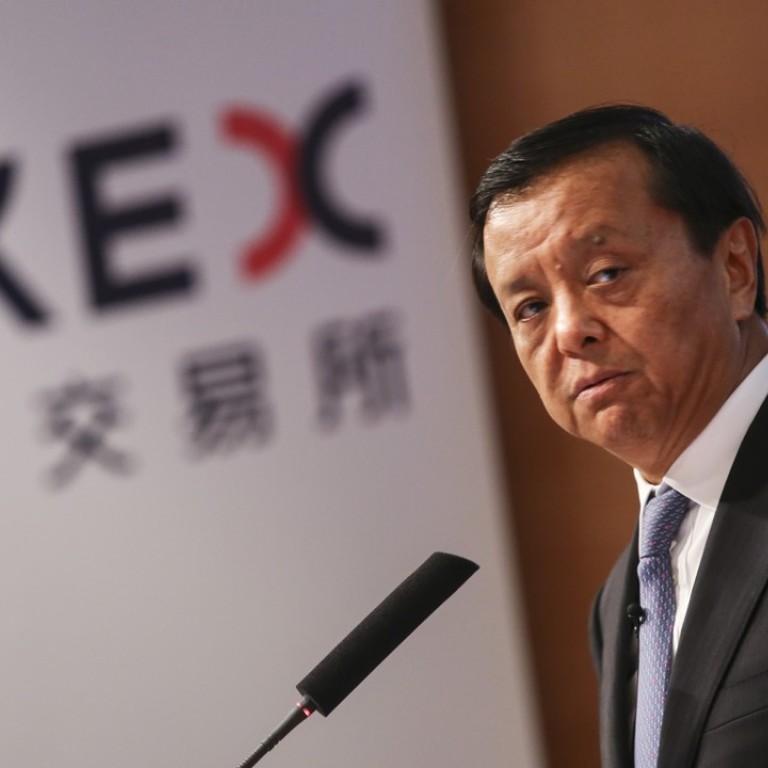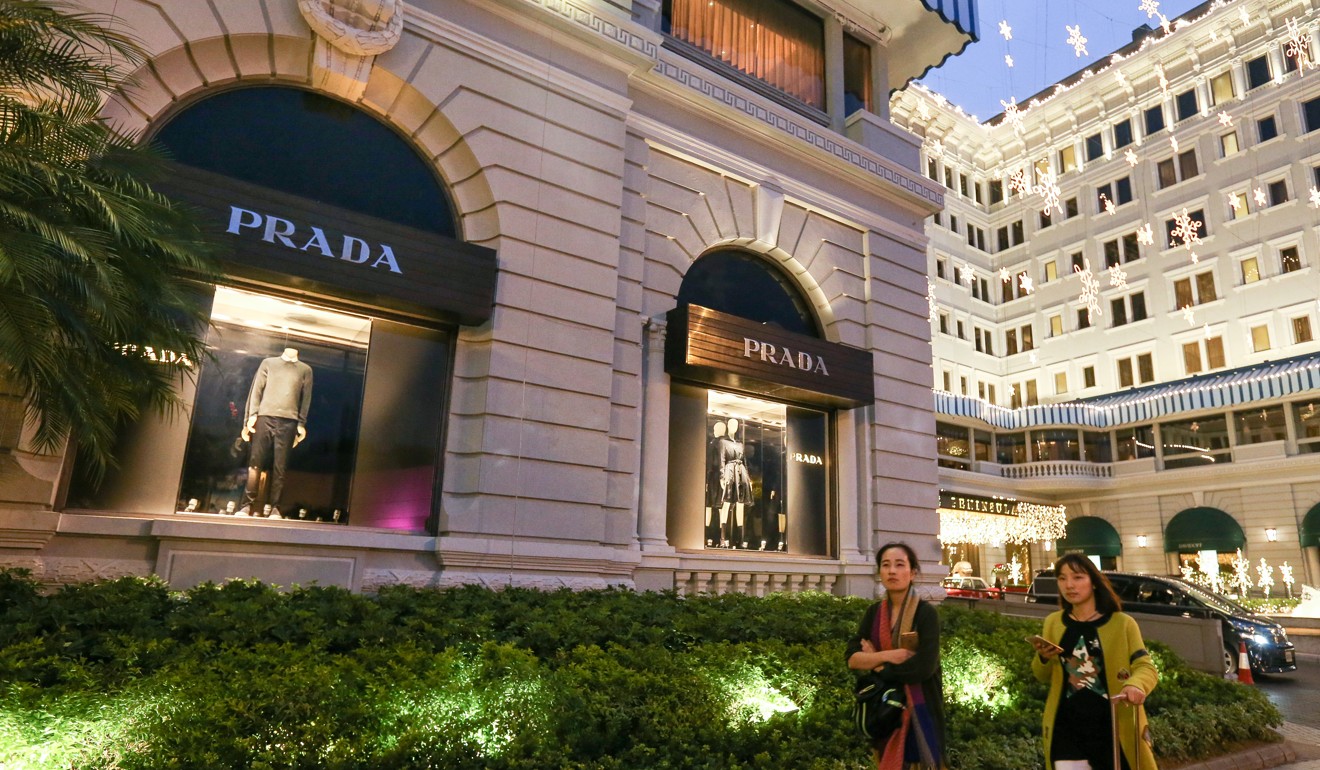
Hong Kong’s bourse not only lacks new economy stocks, it lags in number of international firms too
Hong Kong Exchanges and Clearing has launched the much awaited consultation paper on the proposal to establish a third board designed to encourage technology firms to list in the city.
The next stage is to come up with clever ideas for the bourse to consider in order to attract more international companies.
The consultation paper released on Friday proposes the introduction of a new board, which would be the third in the market after the main board and the Growth Enterprise Market. The third board is tailored to attract large, new economy firms with dual class share structures, as well as start-ups.
The new board is meant to fill a gap in the city where only 3 per cent of listings in the past 10 years have been from technology firms, compared with 60 per cent for Nasdaq, 47 per cent in New York and 14 per cent in London.
Instead, Hong Kong listings are heavily weighted towards property and financial firms.
The market is likely to see heated debate over the merits of the new board over the next two months. On the one hand, it can be argued that it is better to have different markets to attract different types of companies to list. But on the other side of the argument, many fund managers are not happy with the dual class shares structure that violates the principal of equal treatment for all shareholders.
While it is a good idea to have a dedicated board for start ups, it is worth remembering that this is a high risk sector because more than 70 per cent of new start ups fail.
The consultation paper also offers data that shows Hong Kong’s stock market has a high concentration of mainland Chinese companies but far too few international firms.
International companies accounted for only 11 per cent of the total market cap of new Hong Kong listings over the past 10 years, compared with 55 per cent in London, 30 per cent in New York and 20 per cent on Nasdaq. The handful of international names listed in the city include metals firm Glencore, fashion brand Prada, aluminium producer Rusal, and luggage retailer Samsonite.

The consultation paper shows that the city not only lacks technology companies, but also has too few international companies raising funds when compared with New York and London.
HKEX wants to change the rules to attract mainland companies already listed in the US to have a secondary listing in Hong Kong. It also wants big new economy firms with dual shares structures, such as Google and Facebook, to consider a secondary listing in the city.
This may be the way forward as Hong Kong definitely needs more international firms trading on its markets. The Securities and Futures Commission is also working towards this direction. The regulator last month issued guidelines that would waive current profit requirements so that infrastructure projects in the 65 countries along China’s new Silk Road could raise funds by listing in Hong Kong.
However, the two stock connect schemes operating between Hong Kong and Shanghai and Hong Kong and Shenzhen have not yet allowed mainlanders to invest in international firms listed in the city. This would need to change if Hong Kong wants more international firms to trade on its bourses.

